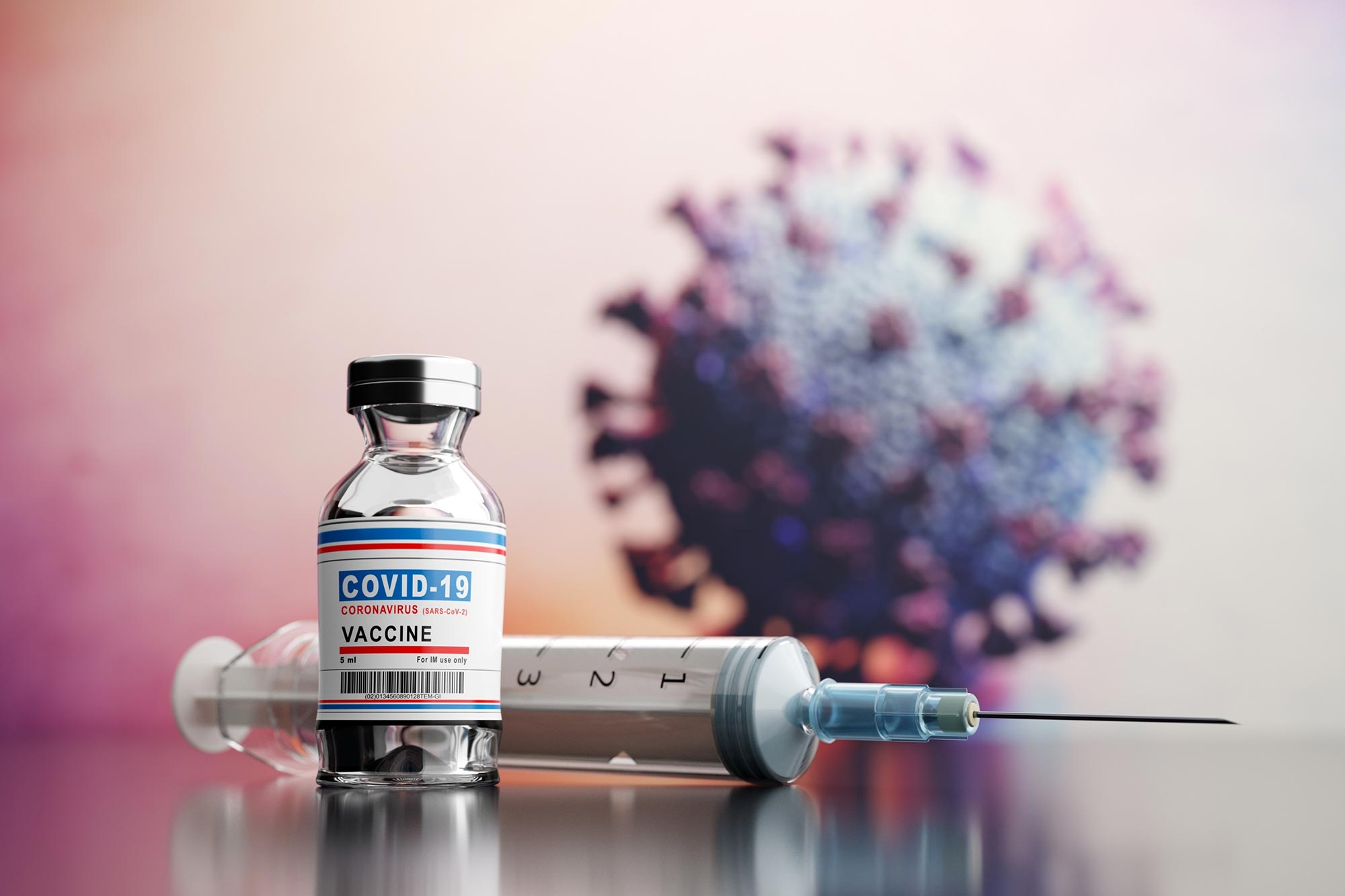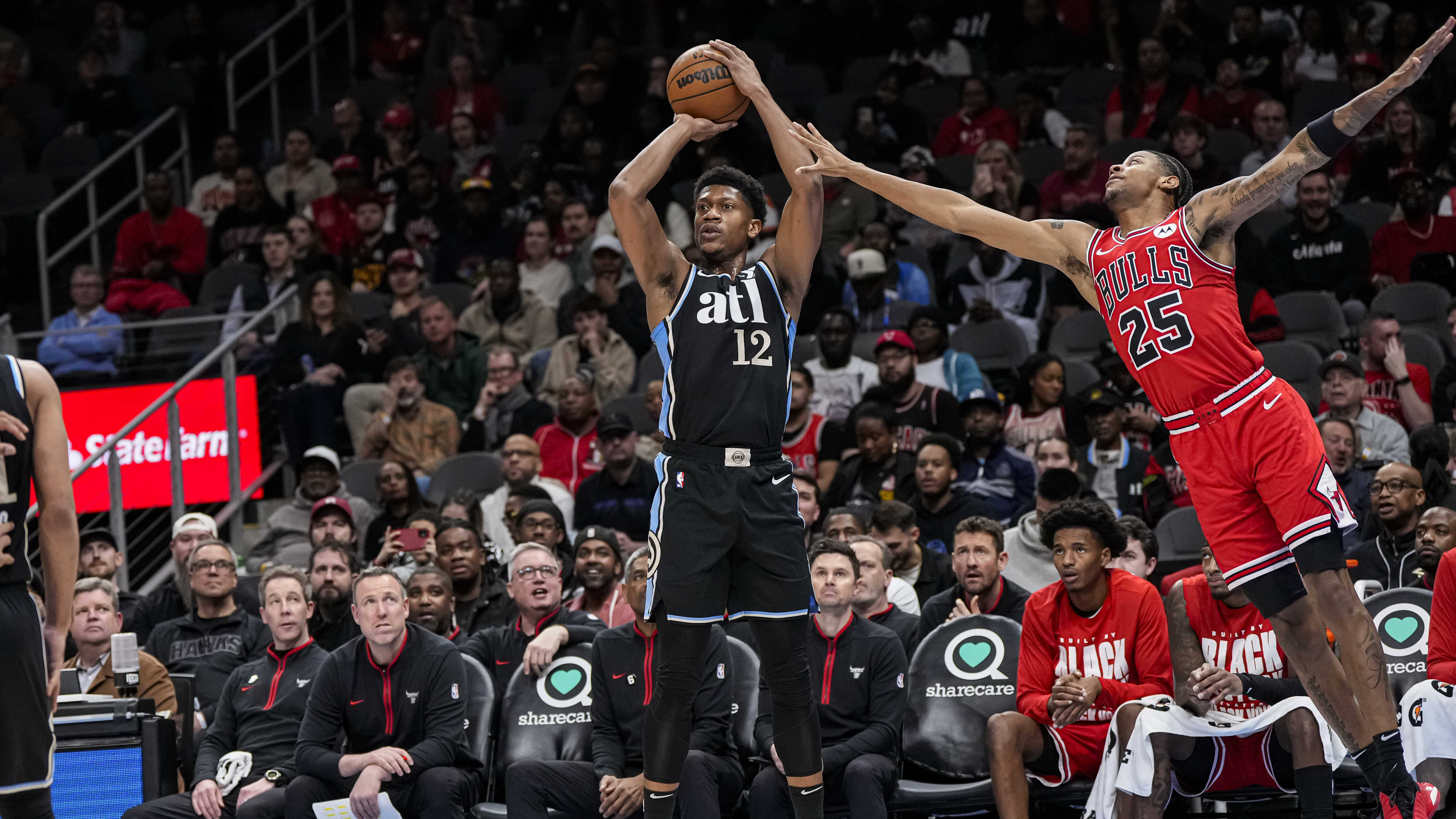Reducing Long COVID Risk: The Effectiveness Of COVID-19 Vaccines

Table of Contents
How COVID-19 Vaccines Protect Against Severe COVID-19 and Reduce Long COVID Risk
A strong correlation exists between severe COVID-19 infection and an increased risk of developing Long COVID. The more severe the initial infection, the higher the likelihood of experiencing long-term complications. COVID-19 vaccines significantly reduce the severity of infection, acting as a crucial preventative measure against Long COVID. By lessening the initial viral load and inflammatory response, vaccines help minimize the damage to organs and systems, thereby reducing the risk of long-term problems.
- Reduced hospitalization rates: Vaccines dramatically lower the need for hospitalization, keeping individuals out of high-risk environments and reducing exposure to further complications.
- Lower risk of needing intensive care: Severe COVID-19 often requires intensive care, putting immense strain on the body. Vaccines minimize the chances of needing such care, reducing the potential for long-term organ damage.
- Decreased mortality rates: Vaccines have proven highly effective in reducing deaths from COVID-19, a critical factor in minimizing the overall impact of the pandemic and Long COVID.
- Mitigation of organ damage: Lessening the severity of infection directly translates to less damage to vital organs like the heart, lungs, and brain, all of which are frequently affected in Long COVID.
By preventing severe COVID-19, vaccines directly lessen the chances of developing Long COVID. This preventative effect is a critical benefit of vaccination.
Vaccine Effectiveness Against Different COVID-19 Variants and Long COVID
The ongoing evolution of COVID-19 variants presents a continuous challenge. New variants can potentially impact vaccine efficacy, but updated vaccines (boosters) are designed to address this challenge. Boosters help maintain strong protection against newer strains, thereby continuing to reduce the risk of Long COVID.
- Effectiveness of different vaccine types: Both mRNA (like Pfizer-BioNTech and Moderna) and viral vector (like Johnson & Johnson/Janssen) vaccines have demonstrated significant effectiveness in reducing severe COVID-19 and Long COVID risk. Efficacy may vary slightly between types and against specific variants.
- Studies and variant effectiveness: Numerous studies link vaccine effectiveness against specific variants with lower incidences of Long COVID. While no vaccine offers 100% protection, their overall effectiveness in mitigating severe disease and subsequent Long COVID is substantial.
- Waning immunity and boosters: Immunity from initial vaccination can wane over time, making booster shots crucial in maintaining a high level of protection against infection and Long COVID.
Staying up-to-date with recommended boosters is essential for maximizing protection against emerging variants and minimizing Long COVID risk.
The Role of Immunity and Long COVID Prevention: How Vaccines Build Protection
COVID-19 vaccines work by stimulating the immune system to produce antibodies and T cells, providing crucial protection against the virus. This immune response is vital in preventing severe illness and Long COVID.
- Antibody response and duration: Vaccines trigger the production of antibodies that can neutralize the virus, offering immediate protection. While antibody levels can decline over time, this is why boosters are vital.
- Role of T cells: T cells play a crucial role in long-term immunity by recognizing and eliminating infected cells, even after antibody levels decline. A robust T cell response contributes significantly to preventing severe disease and Long COVID.
- Importance of a strong immune response: A strong and multifaceted immune response – encompassing both antibodies and T cells – is essential for reducing the risk of severe COVID-19 and the subsequent development of Long COVID.
A robust immune response, stimulated by vaccination, is your best defense against the long-term complications of COVID-19.
Addressing Concerns and Misconceptions about COVID-19 Vaccines and Long COVID
Some concerns exist regarding vaccine side effects. It's crucial to address these with factual information. The overwhelming scientific consensus confirms that the extremely low risk of serious side effects from the vaccine is far outweighed by the risk of severe COVID-19 and the subsequent risk of developing Long COVID.
- Refuting misinformation: Claims that vaccines cause Long COVID are unsubstantiated and misleading. The opposite is true: vaccines significantly reduce the risk of Long COVID.
- Addressing specific side effects: While some individuals may experience mild side effects like fever or soreness, serious adverse events are exceedingly rare. Reliable data and sources consistently demonstrate the safety and effectiveness of the vaccines.
- Benefit-risk ratio: The benefit-risk ratio overwhelmingly favors vaccination. The protection against severe COVID-19 and Long COVID far outweighs the potential for minor side effects.
Informed decision-making relies on factual information and a clear understanding of the risk-benefit profile.
Protecting Yourself from Long COVID Through Vaccination
Vaccines significantly reduce the risk of severe COVID-19, consequently minimizing the risk of developing Long COVID. Staying up-to-date with recommended vaccinations, including boosters, is crucial for maintaining optimal protection. Take control of your health and protect yourself against Long COVID by getting vaccinated today. Talk to your doctor about your COVID-19 vaccination needs to determine the most appropriate vaccination schedule for your individual circumstances. Reducing your Long COVID risk starts with vaccination.

Featured Posts
-
 March 8th Pacers Vs Hawks Game Injury News And Starting Lineups
May 29, 2025
March 8th Pacers Vs Hawks Game Injury News And Starting Lineups
May 29, 2025 -
 Info Cuaca Besok Di Denpasar Dan Sekitarnya Di Bali
May 29, 2025
Info Cuaca Besok Di Denpasar Dan Sekitarnya Di Bali
May 29, 2025 -
 Alex Rins A Different Approach Moto2 Power And The Argentine Gp Tyre Gamble
May 29, 2025
Alex Rins A Different Approach Moto2 Power And The Argentine Gp Tyre Gamble
May 29, 2025 -
 Three Killed In Pioneer Square Shooting Seattle Police Investigation Underway
May 29, 2025
Three Killed In Pioneer Square Shooting Seattle Police Investigation Underway
May 29, 2025 -
 Let Him Cook Kaka Empire And Bio Foods Exciting New Cooking Show
May 29, 2025
Let Him Cook Kaka Empire And Bio Foods Exciting New Cooking Show
May 29, 2025
